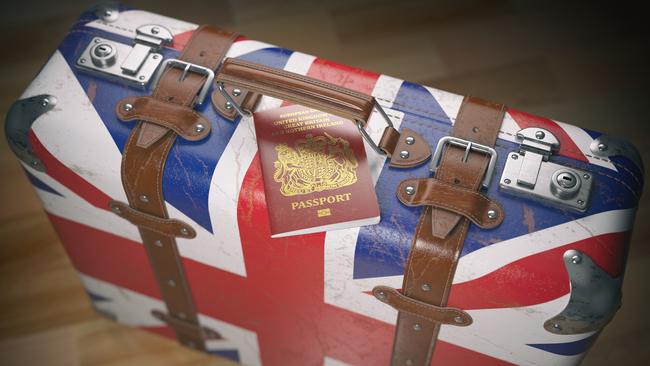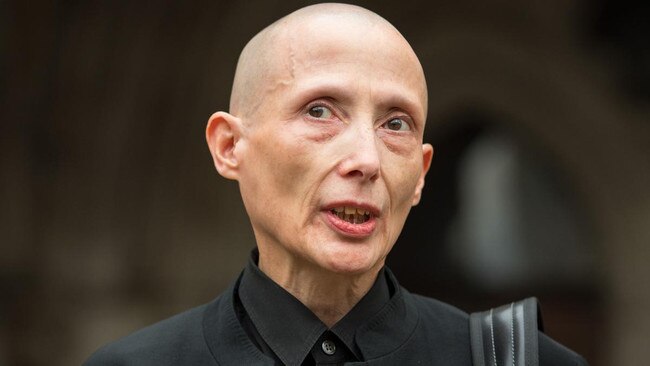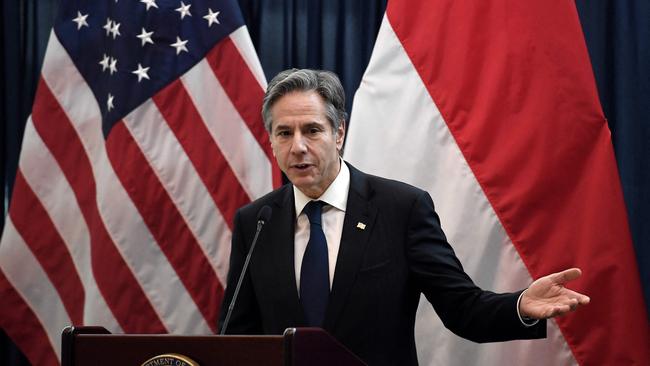UK gender neutral passports rejected by judges after human rights claim
Five UK Supreme Court judges unanimously reject a claim that would allow a third category of ‘X’ on UK passports.

Passport officials cannot be obliged to offer gender-neutral documents, the country’s most senior judges have said in a ruling that ends a 25-year campaign for reform.
Yesterday (Wednesday) five Supreme Court judges unanimously rejected a claim by Christie Elan-Cane that would allow a third category of “X” on British passports.
The judges, who were led by Lord Reed, the court’s president, found that Elan-Cane’s interest in being issued with an X passport was “outweighed” by other considerations, including “maintaining a coherent approach across government” on the subject of recognised genders.
In a tweet, Elan-Cane - who began campaigning more than 25 years ago for more recognition for non-gendered identity - accused the judges of being “on the wrong side of history” and vowed to take the case to the European Court of Human Rights in Strasbourg.
THE UK GOVERNMENT AND JUDICIAL SYSTEM ARE ON THE WRONG SIDE OF HISTORY - THIS IS NOT THE END - WE ARE GOING TO STRASBOURG
— Christie Elan-Cane (@ChristieElanCan) December 15, 2021
Lawyers for Elan-Cane, 63, had argued that the present policy invoked by the Passport Office requiring applicants to indicate whether they are male or female breached human rights laws.
The case went to the Supreme Court after being rejected by both the High Court and the Court of Appeal.
Giving yesterday’s (Wednesday’s) ruling, Lord Reed said the passport application form “is concerned with the applicants’ gender as a biographical detail which can be used to confirm their identity by checking it against the birth, adoption or gender recognition certificates provided and other official records”. He added: “It is therefore the gender recognised for legal purposes and recorded in those documents which is relevant.

“There is no legislation in the United Kingdom which recognises a non-gendered category of individuals. On the contrary, legislation across the statute book assumes that all individuals can be categorised as belonging to one of two sexes or genders, terms which have been used interchangeably.”
The judge said established case law from the European Court of Human Rights demonstrated that Elan-Cane’s rights had not been violated by the Passport Office’s refusal to allow an X gender designation.
They also found it was “clear that this is a matter in which states would be afforded a high degree of latitude by the European court, having regard to the absence of any consensus amongst the states which are parties to the convention, the complexity and sensitivity of the issue, and the need for a balance to be struck between competing private and public interests”.
Elan-Cane’s legal team, led by the law firm Clifford Chance, had told the court that the applicant in the judicial review hearing did not identify as either male or female but as “non-gendered”. It was argued that the lack of “X” passports affected Elan-Cane’s “ability to obtain and use a passport on equal terms with persons who identify as exclusively male or female”.

Part of the claim pointed to examples of other countries, including the US, Australia, Germany and India, that allowed the option of “X” - unspecified gender markings - in passports.
In July Antony Blinken, the US secretary of state, said a non-gender-specific option would become available on US passports.
Deon Fang, a lawyer advising Elan-Cane, described the Supreme Court ruling as “a disappointing result, particularly for the thousands of people across the UK who do not identify exclusively as male or female”.
Narind Singh, another lawyer in Elan-Cane’s team, predicted that the ruling would have “a serious impact on the lives of Christie and a large number of other affected individuals”.
The Times






